砸碎星期 _ 之後
When _day is broken
破壞往往比維持容易,我們卻總是戰戰兢兢地設法維持生活的原狀,日復一日、年復一年。 然⽽佛洛依德的晚期思想,將⼈的本能分為建設性的「⽣存本能」與破壞性的「死亡本能」,⼈們在⼀件事上同時使⽤兩種本能,只不過此消彼長。 一如「星期」,看似每七天⼀個循環,但其實⼀直走在線性時間的單⾏道上。死亡本能將其拆分成七個⼀組,⽣存本能再將52個週期組回成⼀年,提供⼈們⽣活的⽬標與規律。
隨著科技的發展,社會進步加速,人們竭盡所能將⽣存本能發揮到極致,卻也因此與死亡本能疏離。漸漸地害怕犯錯、恐懼框架中出現裂痕,總是為了缺失⽽難過,遊蕩於懊悔與失落之中。倘若破壞在所難免,比起追究原因的無心或有意,試著重組碎片、探索更廣闊的未知也許更有價值。
在此展覽中,我們邀請觀眾一起將框架打碎,並在觀展過程中,獨⾃拼湊⼀個屬於⾃⼰的新框架。「砸碎星期 _ 之後」, _ 是⼀個開放的空格,可以是來看展覽的那⼀天,可以是想要難過的那⼀天,也可以是離開熟悉城市的那⼀天。在砸碎那⼀天後,你會做什麼?
Destruction is often easier than maintenance, yet we always strive to maintain the status quo in our lives, day after day, year after year. However, Freud’s later thinking divided human instincts into the constructive life instinct(Eros) and the destructive death instinct(Thanatos). People use both instincts for one thing, but one always gains at the expense of the other. Just like “week,” which seems to cycle every seven days, but in fact, always progresses on a linear timeline. The death instinct splits it into groups of seven, while the life instinct groups 52 cycles back into a year, providing people with goals and patterns in their lives.
With the development of technology and social progress accelerating, people are doing their utmost to maximize their life instincts but also alienating themselves from their death instincts. Gradually, people are afraid of making mistakes, fear the appearance of cracks in the framework, and always feel sad for what they lack, wandering in regret and loss. If destruction is unavoidable, rather than investigating the causes intentionally or unintentionally, trying to reassemble the fragments and explore broader unknown areas may be more valuable.
In this exhibition, we invite the audience to break the framework together and piece together their own new framework during the exhibition. “When _day is Broken,” _ is an open space that can be the day of the exhibition visit, the day one wants to be sad, or the day one leaves a familiar city. After breaking that day, what will you do?

